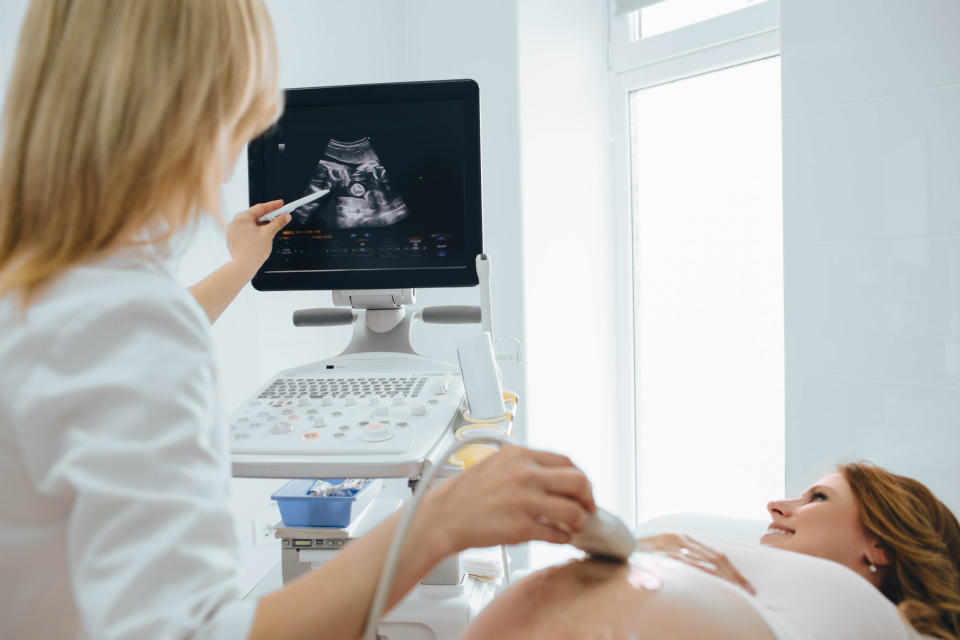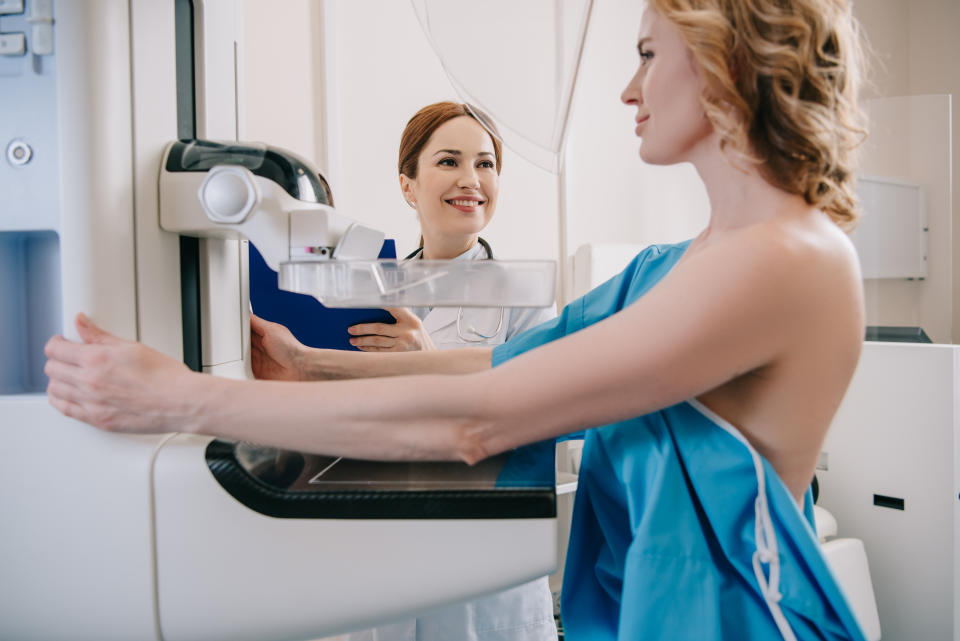The health checks on the NHS for different stages of your life

Diseases become more or less common as we progress through life.
While newborns are tested for a host of conditions, specific disorders like breast cancer are typically only looked for in those most at risk.
Spotting a disease early maximises a patient’s hopes of treatment success.
While no screening is 100% accurate and many cause anxiety, research has shown taking up the free health checks can save lives.
The screenings offered by NHS England throughout a person’s life
Pregnancy
NHS England screens pregnant women for a range of potential conditions that could affect her unborn child.
Early on in pregnancy, before 10 weeks, an expectant mother is offered a blood test to screen her baby for the blood disorders sickle cell disease and thalassaemia.
Usually within the first 10 weeks, a blood test also looks for the infections hepatitis B, HIV and syphilis.
Pregnant women with hepatitis B require specialist care to prevent them passing the infection to their baby.
HIV can be transmitted during pregnancy, labour or breastfeeding if it goes untreated.
Read more: Some hospitals no longer revealing the gender of unborn babies
While syphilis is typically passed on during sex, it can infect an unborn baby, or trigger a miscarriage or stillbirth.
When a woman reaches 10-to-14 weeks, she is offered a blood test and ultrasound scan to look for the syndromes Down's, Edwards’ and Patau’s.
Edwards’ and Patau’s syndromes are rare genetic disorders, with most babies sadly not surviving the first year.
Mid-pregnancy, around 18-to-21 weeks, a detailed ultrasound scan is usually carried out to gauge a baby’s physical development.
This enables a sonographer to check for 11 conditions, including cleft lip and spina bifida.

Newborn babies
Parents are offered a thorough physical examination of their baby within 72 hours of delivery.
This involves looking at the infant’s eyes, listening to its heart beat and examining its hips for any joint issues.
The parents of newborns are also offered a blood spot screening, ideally when the baby is five days old.
A healthcare professional pricks the infant’s heel to collect four drops of blood.
This tests for nine rare, but serious, conditions. These include cystic fibrosis and sickle cell disease, which is not always picked up during pregnancy.
A hearing test is usually carried out within the first four-to-five weeks, often before the baby is discharged.
Cervical screening
Women between 25 and 49 who are registered with a GP are offered a “smear test” every three years to check the health of cells in their cervix.
With cervical cancer becoming less common with age, this reduces to every five years for women aged 50-to-64.
Around three quarters of cancer cases are said to be prevented due to screening.
During a smear test, a nurse places a speculum in a woman’s vagina to hold it open, allowing access to the cervix.
Read more: Smear test uptake to 'check for cervical cancer hits an all time low'
Using a soft brush, a cell sample is taken, which is tested for human papillomavirus (HPV).
HPV is a common virus that infects four in five Brits at some point in their lives.
Once infected, via sexual contact, most fight off the virus naturally.
Yet, of the more than 200 HPV strains, 13 have been linked to cancer.
HPV is behind 99.7% of cervical cancer tumours.
After a smear, the next step depends on whether HPV is detected.
If cell changes are abnormal, the affected tissue may be removed.
Breast screening
Women aged between 50 and 70 in England are offered a breast screening every three years to spot early signs of cancer.
Those over 70 can self refer by contacting a local screening service.
An X-ray called a mammogram can spot tumours when they are too small to feel or see, such as via puckering of the skin or an inverted nipple.
Each breast is placed on the mammogram, which gently but firmly compresses against a clear plate.

Bowel screening
The NHS offers two types of screenings for bowel cancer.
An at-home kit is offered to men and women aged 60-to-74 every two years.
Patients collect one sample of faeces in a small plastic bottle, which they post back to a laboratory for testing.
Read more: Jeremy Bowen reveals bowel cancer diagnosis - how to spot symptoms
If blood is found, a thin tube called a colonoscopy is inserted into the patient’s anus to look for other signs of bowel cancer.
A new test called the bowel scope screening is being offered to people aged 55.
This involves a thin, flexible tube with a camera on the end looking inside the bowel for small growths called polyps, which can become cancerous.
The one-off test is being rolled out across England.
Abdominal aortic aneurysm (AAA) screening
An AAA test is offered to men in their 65th year to detect dangerous swelling in their aorta, the main artery that carries blood away from the heart to the rest of the body.
Left untreated, it can grow and eventually burst, causing life-threatening bleeding.
During the screening, an ultrasound scan is taken of a man’s abdomen to check the width of his aorta.
Women are not offered the test due to their risk being “much smaller”.
People can talk to their GP if they suspect they may benefit from being tested.

 Yahoo Sports
Yahoo Sports 
